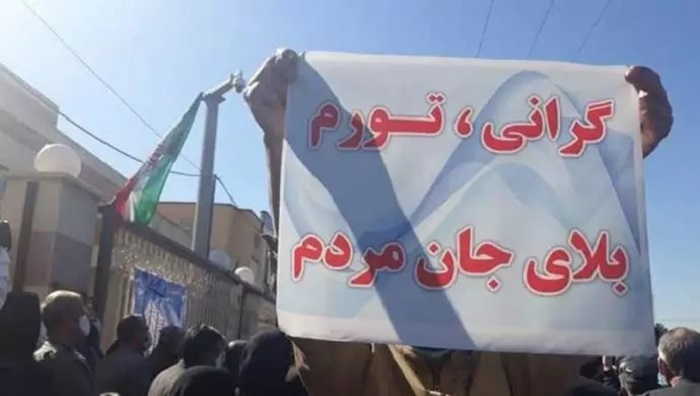After depleting the nation’s resources and profiting from its people, the Iranian government has discovered another lucrative avenue: the market of internet censorship. This market sees a dual strategy where, on one end, social networks are restricted and tools to bypass these restrictions are banned, while on the other, the regime profits handsomely by selling their VPN services.
On August 18, a member of the Majlis (parliament) remarked on the state-run ISNA news agency about the vast sums being funneled from the public to internet censorship traders, equating to 500 trillion rials. A subsequent report from the state-run Ebtekar newspaper on August 20 expanded upon this, stating that the government is very much in the know about these enormous sums which range between 500 to 600 trillion rials, being channeled to “VPN vendors.”
The Minister of Communications, contradicting the official stance of “Prohibiting the purchase and sale of VPNs” [Article 753 of the Islamic Penal Code], seemed to be stoking the fires of this thriving market. An article from Khabar Online on July 13 reported the Minister’s advice against using free foreign VPNs, effectively cornering users into buying domestic paid VPNs.

These state reports further imply that regime-backed organizations are raking in millions daily through VPN sales. The Jomhuriyeh Eslami newspaper pointed out on June 12 that by suppressing online services, a lucrative VPN market, unregulated and deceptive, has been birthed, which brings in 400 to 500 trillion rials.
Tensions and disagreements within the regime’s factions have laid bare the extent of this exploitation. The Sharq newspaper, on July 12, reported that VPN vendors now have financial turnovers 2-3 times that of Iran Telecommunication. It also subtly pointed fingers at the Minister as the primary suspect behind this shady market, stating, “On the eve of the first anniversary of the beginning of extensive internet censorship in Iran, the head of ministry that is the prime suspect of creating this big black market in the country, has warned users against using ‘free VPN services.’”
The current government’s excessive censorship and profit-making activities drew sharp criticism on August 5 from the state-run Etemad, which alluded to a relentless “uniform censorship government.”
This isn’t the only recent controversy. The Supreme Leader’s controversial move to ban globally approved Covid-19 vaccines in favor of those developed by the Barkat Pharmaceutical Group – tied directly to his office – is still fresh in the public’s memory.
It seems clear that for the resilient people of Iran, the only path forward to protect their lives, wealth, and national heritage lies in dismantling this regime.

MEK Iran (follow us on Twitter and Facebook), Maryam Rajavi’s on her site, Twitter & Facebook, NCRI (Twitter & Facebook), and People’s Mojahedin Organization of Iran – MEK IRAN – YouTu








